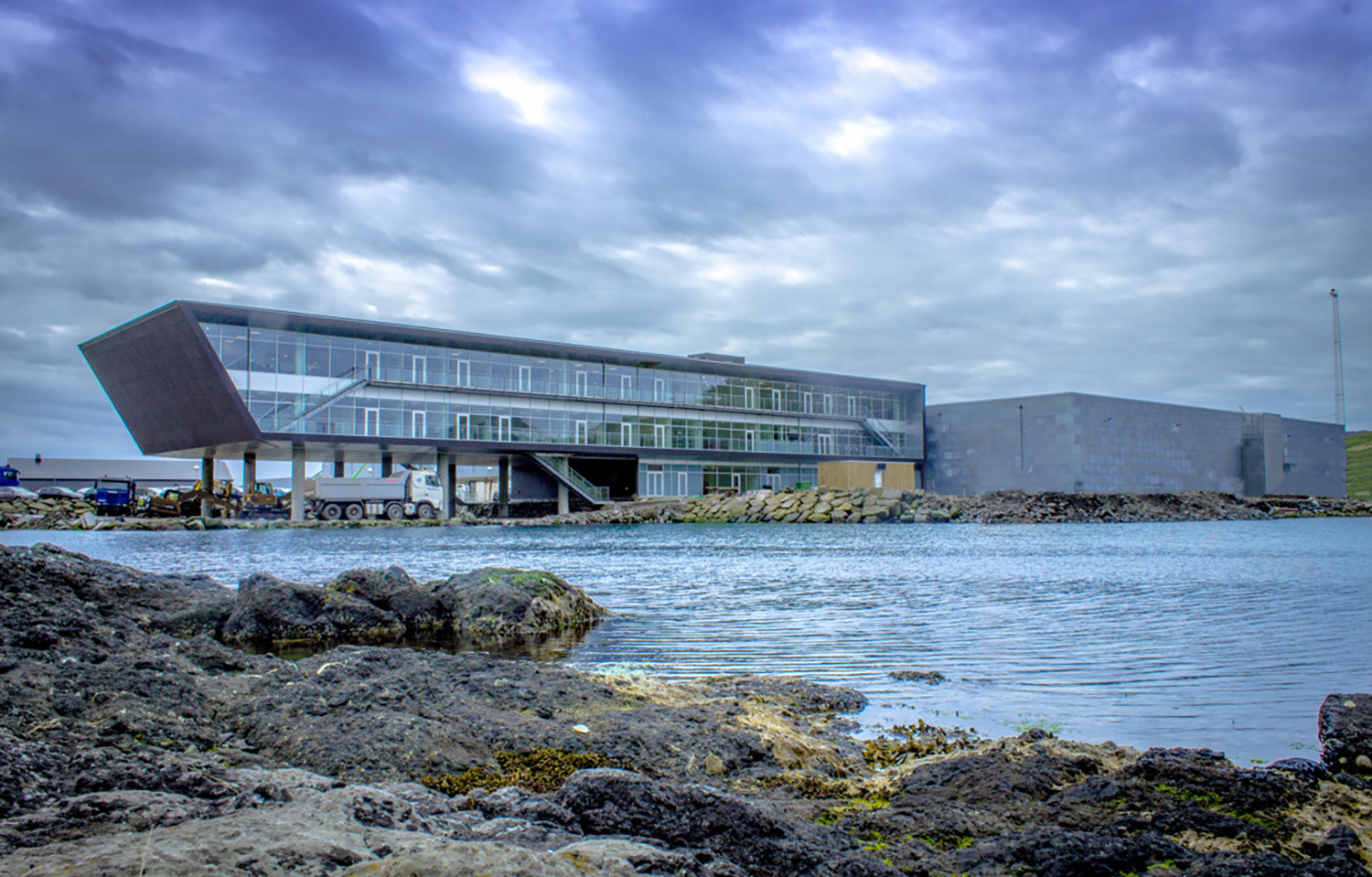Faroe Islands-headquartered farmed salmon producer Bakkafrost Group has announced its intention to temporarily close processing facilities on the Isle of Lewis, Scotland.
“I can confirm we are considering a temporary, but extended, closure of our facilities at Marybank and Arnish in Stornoway, affecting around 80 jobs. Our board has been forced to consider extremely difficult scenarios in order to futureproof the business and secure our remaining staff across Scotland,” a Bakkafrost Scotland spokesperson said. “We intend to start a period of collective consultation with those potentially affected and hope to complete this over the coming weeks.”
The move has drawn local concern. Scottish National Party (SNP) Member of Scottish Parliament (MSP) Alasdair Allan said he urged Bakkafrost not to close the Marybank plant, which is one of the largest private employers in the Western Isles of Scotland. However, Allan said the company responded by citing reduced production volumes for the decision to cease production at the plant until at least 2027.
“The company had been developing its Applecross site, but due to poor numbers of stocks, Bakkafrost have said they do not believe there are enough fish to keep the Marybank site open,” he said.
Allan said Bakkafrost confirmed there would be no job losses at the company’s fish farm sites across the Western Isles.
“Obviously, this news is devastating for the Isle of Lewis, and it will be a deeply worrying time for the employees of the plant and their families. This is one of the island’s largest employers, and these job losses will have other knock-on impacts on smaller local businesses,” Allan said. “I fear for the impact this decision could have on the wider economy and community in the islands, and this was my message when I met the company by phone this afternoon.”
Allan said he plans to write to Scotland Deputy First Minister Kate Forbes and Scottish government agency Highland and Islands Enterprise to look into assisting Bakkafrost in potentially recommencing operations at Arnish in future years.
“I intend to meet with representatives of the workforce at their earliest convenience to see what more can be done to support workers and their families during this difficult time,” Allan said.
Bakkafrost planned to harvest around 75 percent of its Scottish operations’ 2024 volume in the first half of this year as part of its de-risking strategy in the country. Since acquiring its Scottish operations in 2019, Bakkafrost has had to contend with several issues, including jellyfish challenges. It has significant changes to its Scottish operations, including introducing its own feed; the introduction of new, predator-proof nets; better vaccines; and the upscaling of its freshwater treatment capacity.
Bakkafrost is the second-largest salmon farmer in Scotland. According to the group’s latest trading update, some 11,400 metric tons (MT) of salmon were harvested by Bakkafrost Scotland in the second quarter of 2024. In the first quarter, the harvest amounted to 7,300 MT. It has forecast a total 25,000 MT harvest from Scotland in 2024.








